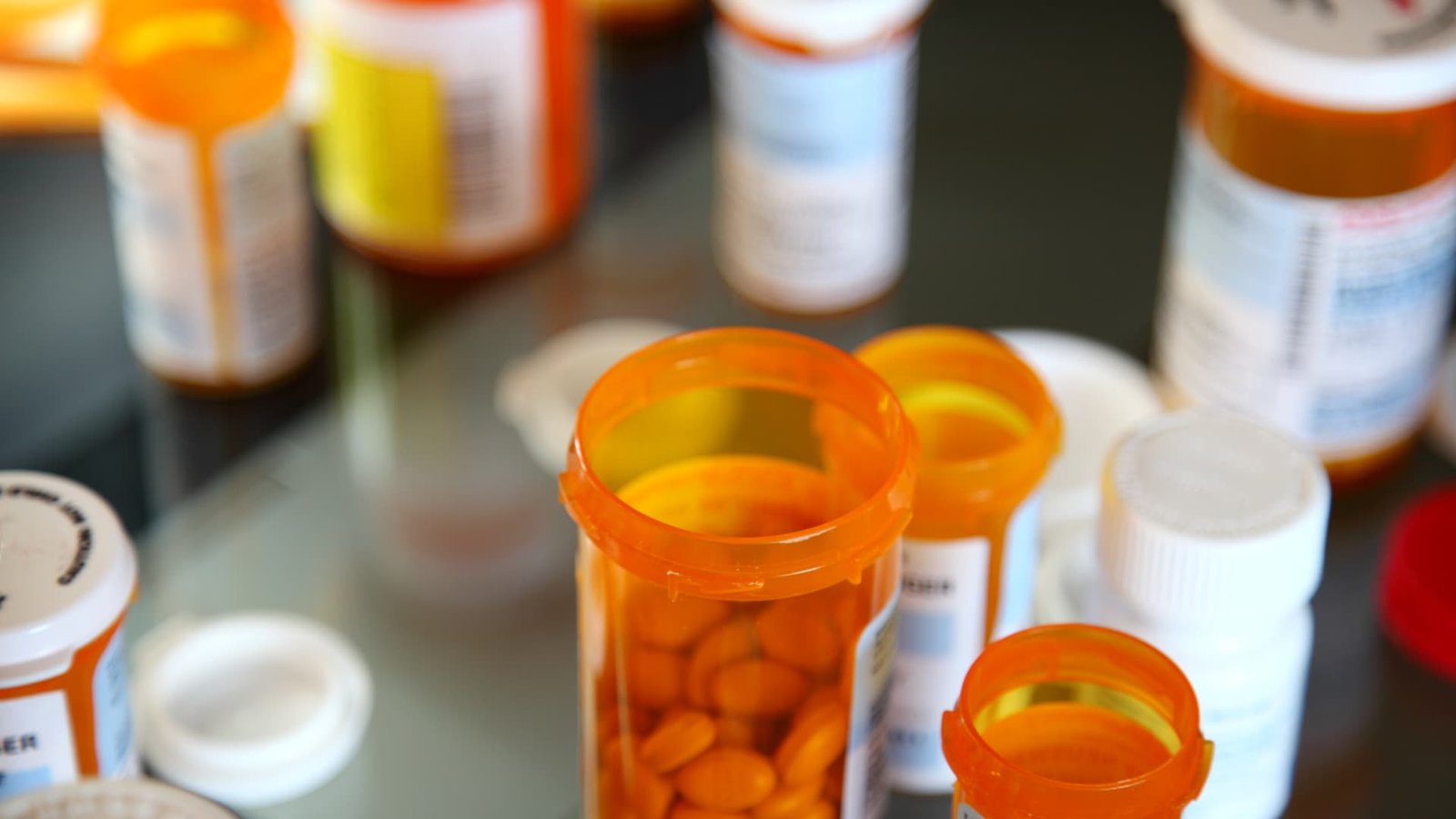President Donald Trump’s imposition of steep tariffs on Canada, Mexico, and China has raised concerns among some drug trade groups about the potential negative impacts on existing drug shortages in the U.S., increased health-care costs for patients, and the viability of generic drugmakers.
Trump’s announcement of a 25% tariff on goods from Canada and Mexico and a 10% charge on imports from China, scheduled to take effect on Tuesday, was met with a temporary pause by Mexico and Canada for about a month.
The U.S. is currently facing a shortage of essential medicines, including injectable cancer therapies and generic drugs, leading to drug rationing by hospitals and patients. The tariffs could exacerbate these shortages and raise concerns about the affordability of prescription medications for many Americans.
The U.S. heavily relies on other countries, especially China, for pharmaceutical products, particularly generic drugs. These medications constitute 90% of prescriptions in the U.S., making patient access to affordable treatments potentially at risk due to the tariffs.
China is a significant supplier of active pharmaceutical ingredients (APIs) for both brand-name and generic drugs, with some generic drugs being entirely manufactured overseas. The tariffs could drive generic manufacturers out of the market due to low profit margins, worsening the drug shortages.
Trade groups like the Association for Accessible Medicines and the Healthcare Distribution Alliance have urged the Trump administration to exempt pharmaceutical products from tariffs to prevent disruptions in the pharmaceutical supply chain and mitigate adverse effects on patients and the industry.
The tariffs could lead to increased costs for medical products, impacting patients, payers, and the healthcare industry. The potential long-term effect on pharmaceutical prices in the U.S. is estimated to be a 1.1% increase due to shifts in the supply chain.
While the Pharmaceutical Research and Manufacturers of America support the goal of maintaining U.S. leadership in biopharmaceutical innovation, they emphasize the need to address unfair practices abroad and protect intellectual property through trade measures.
The medical device industry, which relies on overseas manufacturing for key components and finished products, could also face challenges from the tariffs. Organizations like AdvaMed have called for exemptions for medical products to prevent shortages, higher prices, and reduced investment in research and development.
The tariffs could impact various sectors, including hospitals that rely on imports for essential supplies and equipment. While some groups support the tariffs on China to boost domestic production of medical personal protective equipment, concerns remain about the broader implications on supply chains and national security.




